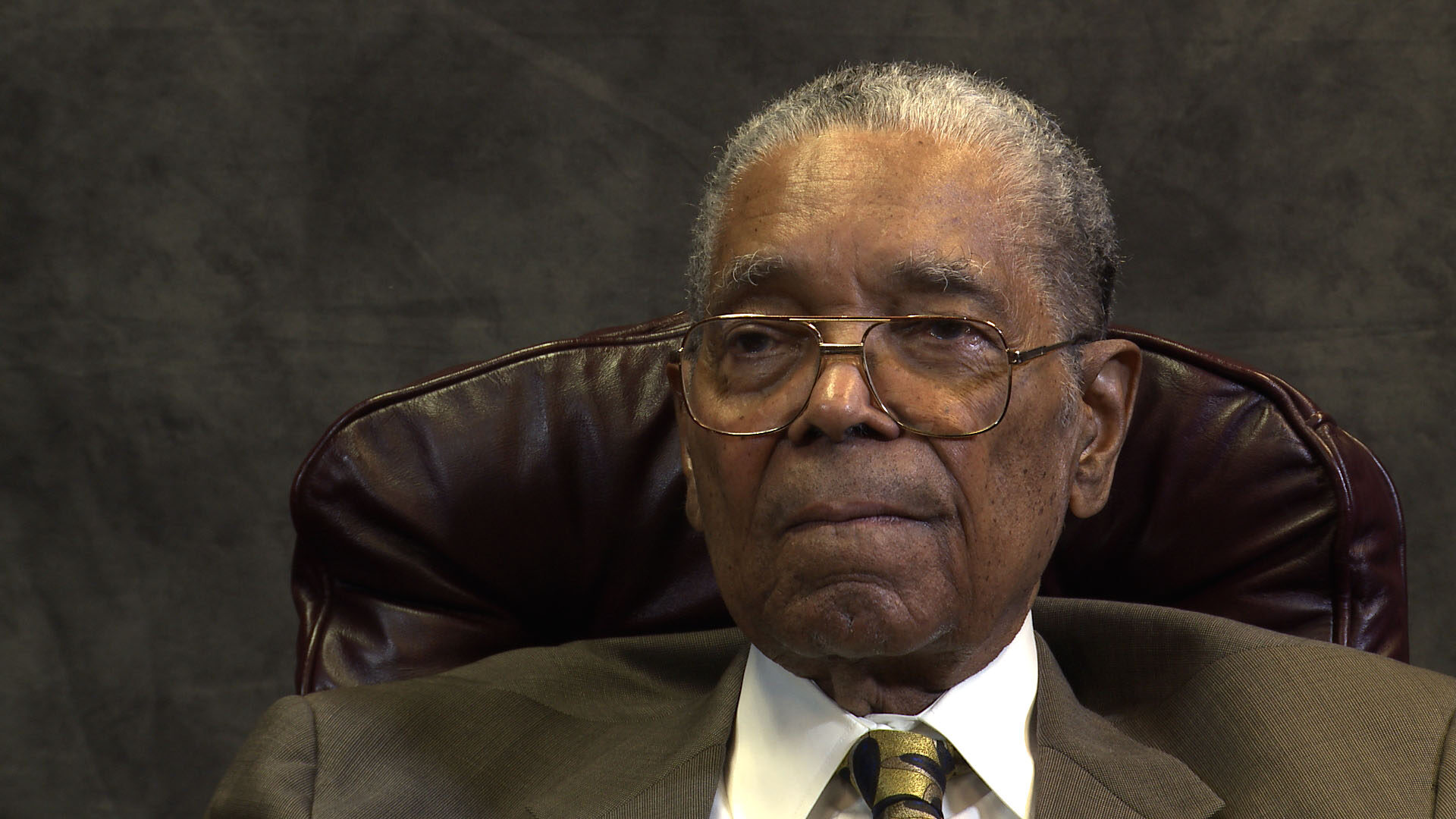
Matthew J. Perry (1921-2011)
Matthew Perry was a successful civil rights attorney who became the first African-American from the Deep South appointed to the federal judiciary and the first African American to serve as a U.S. District Court judge in South Carolina.
As an attorney he triumphed in several landmark cases.
In Gloria Rackley Blackwell and Lurma Rackley v. Tri-County Hospital (1962), he defended a woman arrested for sitting in a “whites only” section of a regional hospital in Orangeburg, South Carolina, while waiting for emergency treatment for her daughter, Lurma. The case led to integration of the hospital and Perry’s own arrest for contempt of court.
His victory in Harvey B. Gantt v. The Clemson Agricultural College of South Carolina (1963) led to the integration of the college.
Stevenson v. West (1973) resulted in a reapportionment of South Carolina’s House of Representatives, which led to the election of the largest number of black legislators since Reconstruction.
Chief United States District Judge Joseph Anderson once wrote, “to say that Matthew Perry was good in the courtroom is like saying Mickey Mantle knew how to swing a bat. . . . Aristotle taught that lawyers and judges should be the very personification of justice. Matthew J. Perry Jr. comes as close as any person I have known to meeting Aristotle’s ideal.”
In 1976 Perry became the first African-American lawyer from the Deep South appointed to the federal judiciary when President Ford named him to the United States Military Court of Appeals (now the United States Court of Appeals for the Armed Forces) in Washington, D.C.
Three years later President Jimmy Carter appointed him to a new seat on the United States District Court for the District of South Carolina.
View a video about Judge Perry, here.
Each month the College celebrates an exemplary or inspiring jurist from history who did what all judges are supposed to do: administer justice fairly according to the law and without regard to outside influences or personal considerations.

CHICAGO – The American Bar Association Judicial Division announced recently that TheNational Ju...

The National Judicial College is mourning the loss of former faculty member Judge Duane Harves, who passed ...

As the world manages an evolving natural environment, The National Judicial College announced today that it...

Do’s Manage your cases systematically Devise a system that works for you and your organizational...

After 22 years of teaching judges, Tennessee Senior Judge Don Ash will retire as a regular faculty member a...